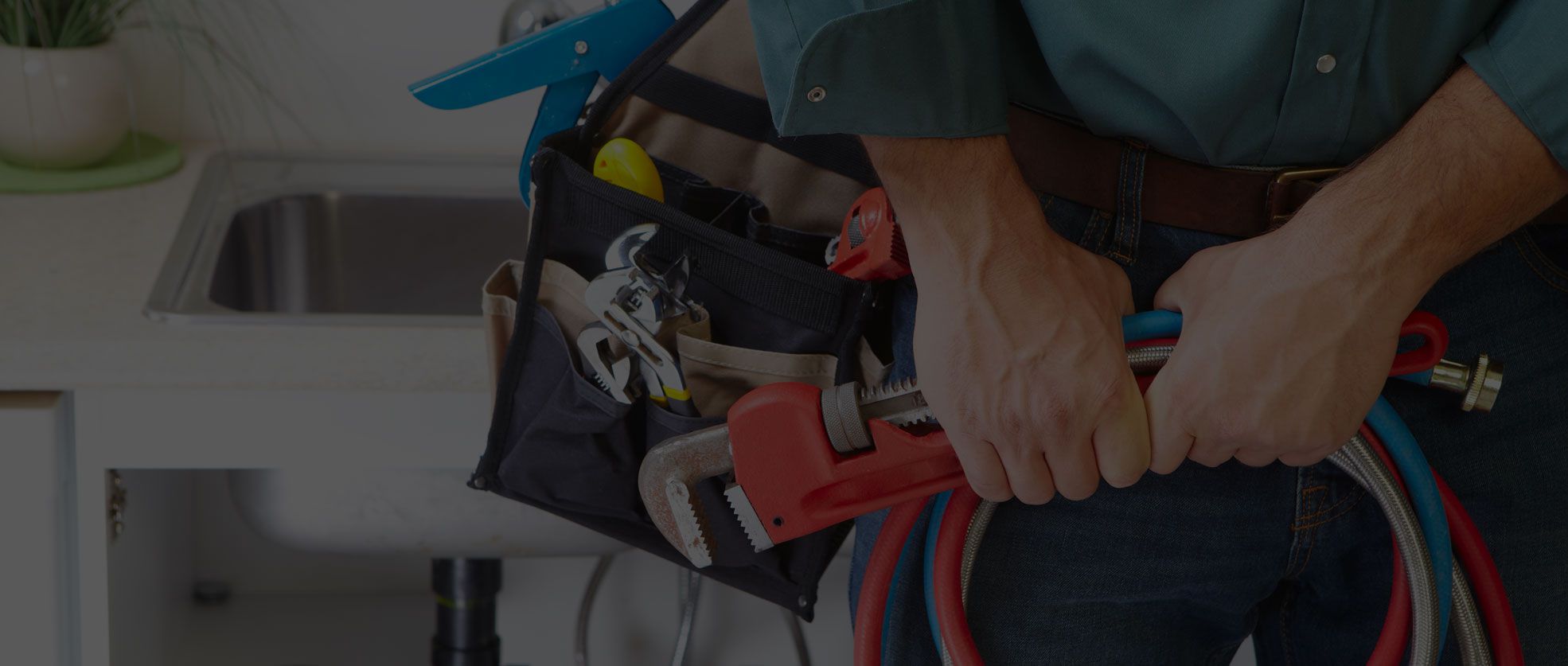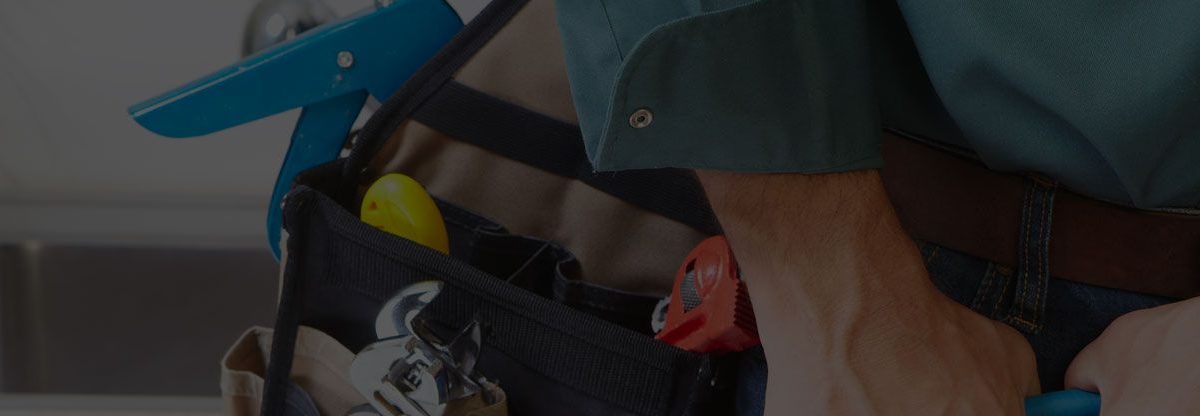Ask Our Plumbing Experts
Many of us from time to time find the need to get an answer to some type of plumbing service questions.
Plymouth Plumbing & Heating has answers to your plumber questions, gleaned from our skilled and talented plumbing technicians. Plumbing service questions can range from the simple to the complex, and without a basic understanding of how home plumbing systems work, you could be left with expensive water damage or no water when you need it. Plymouth Plumbing & Heating attempts to answer your plumber questions as if one of our plumbers were speaking with you face to face. No complicated jargon or high-sounding language; just plain talk and the simplest answers to even the most complex plumbing service questions.
Plumbing FAQs
Browse the common plumbing FAQs below or feel free to send us your question. One of our master plumbers will provide an answer or recommendation.
My water bill is higher. How do I check for leaks?
A simple running toilet can waste up to 200 gallons of water per day, and leaky faucets can drip up to 20 gallons per day. Inspect your faucets and remove your toilet bowl’s tank to listen for any sounds. If these common leak sources are sound, you may need to check the pipes in your basement or crawlspace.
How do I check for a leaking toilet?
Open the toilet tank and add a few drops of food coloring to the water. Check the water inside the bowl after about 15 minutes to see if the color has changed. If the color has changed, your toilet has a leak.
Why is my toilet always running?
Toilets generally have a rubber or plastic flapper in the bottom of the tank that seals off water flow to the bowl. If this flapper is worn or damaged, water can pass through, making your toilet run to try and keep the tank full. Replace the flapper or the entire float and flapper assembly to stop losing water.
How do I unclog a toilet?
The easiest way to unclog your toilet is with a plunger. Make sure the plunger seals around the opening in the bottom of the bowl and use strong vertical motions to unclog the toilet. If you don’t have a plunger, try filling the toilet with dish soap or laundry detergent and adding a pot of boiling water. Wait a few minutes and flush. The hot water should break through the clog as the soap washes everything through the siphon and out of the drain.
What is causing my faucet to leak?
Leaky faucets are usually caused by worn rubber washers, which give out over time due to valve seat friction. Replace the washers to fix your leak.
Why does the tub faucet run when the shower is on?
If the faucet diverter fails to close, the water will not be completely blocked and diverted to the shower faucet. This is often due to calcium or mineral deposits. Clean the tub faucet with an acidic solution to clear the buildup or replace the tub faucet and diverter.
What causes residue and stains in the bathtub?
Low pH and acid water, both of which are caused by high amounts of carbon dioxide in the water supply, can cause rusty, blue or green stains in the bathtub. Hard water minerals can also leave stains in your bathroom and kitchen fixtures. A water softener can help prevent these ugly stains.
How do I fix a clogged garbage disposal?
Turn off the disposal. Remove any items visible in the disposal opening. Pour hot water through the disposal and down the drain to loosen or flush out any clogs. Often, a garbage disposal will have a hex or allen screw in the side of the motor casing. You can insert an appropriate wrench into the hole and rotate it back and forth to dislodge an obstruction.
How can I prevent clogged drains?
Only flush water or other appropriate organic matter down your drains. Never try to force food, grease, or other material down the drain. Try to limit how much hair goes down your drain, if possible.
Do I need a plumber to clear a clogged drain?
You can try several DIY methods to clear a clogged drain, but refrain from activity or substances that could damage your drain or plumbing. If DIY solutions don’t work for you, it’s best to call an experienced plumber to clear your clogged drain.
Why Is My Dishwasher Not Draining?
Most problems with dishwashers that do not drain are due to a leaky inlet valve or mineral deposits in the pipes. Empty the dishwasher and start a new cycle on empty. Cancel the cycle after a few seconds and open the door. If water is standing, the inlet valve should be replaced.
How Can I Prevent Frozen Pipes?
Every Wisconsin homeowner should know how to prevent frozen pipes. Allow sinks to drip slowly during the coldest temperatures, and try to maintain a warm atmosphere throughout your home. Wrap basement or crawlspace pipes with appropriate insulation and try to keep these spaces free from flowing air during winter.

